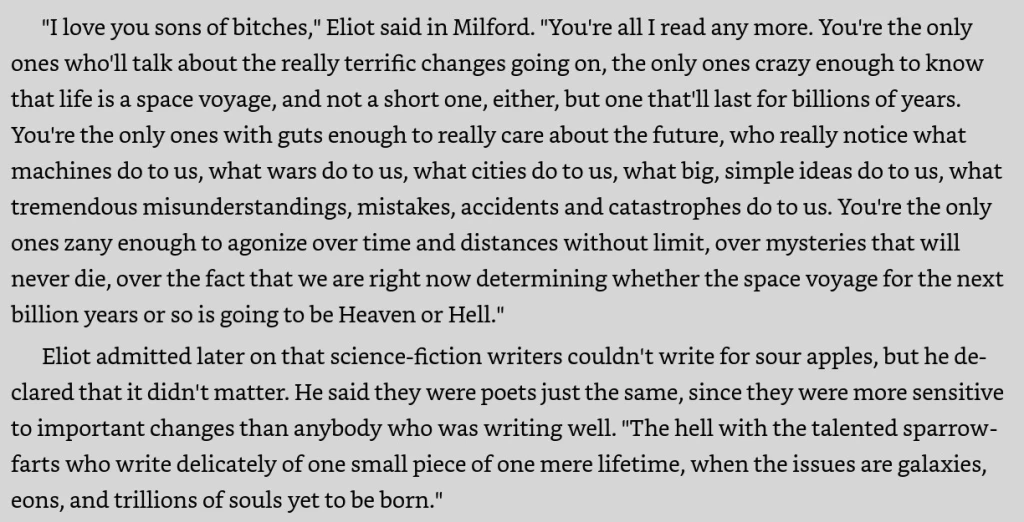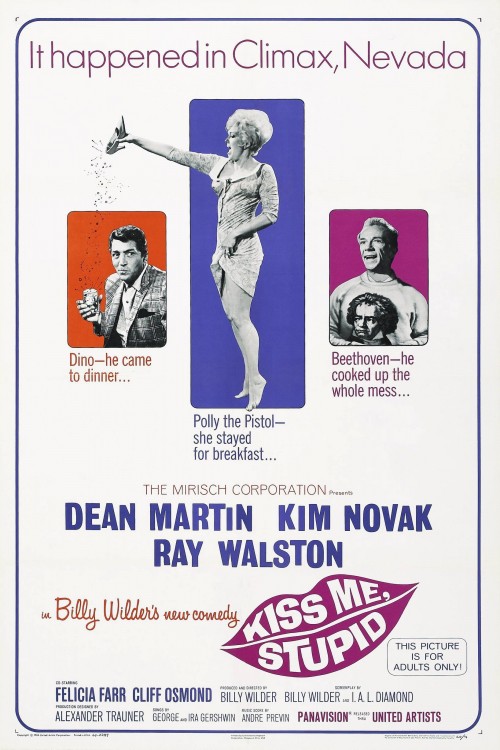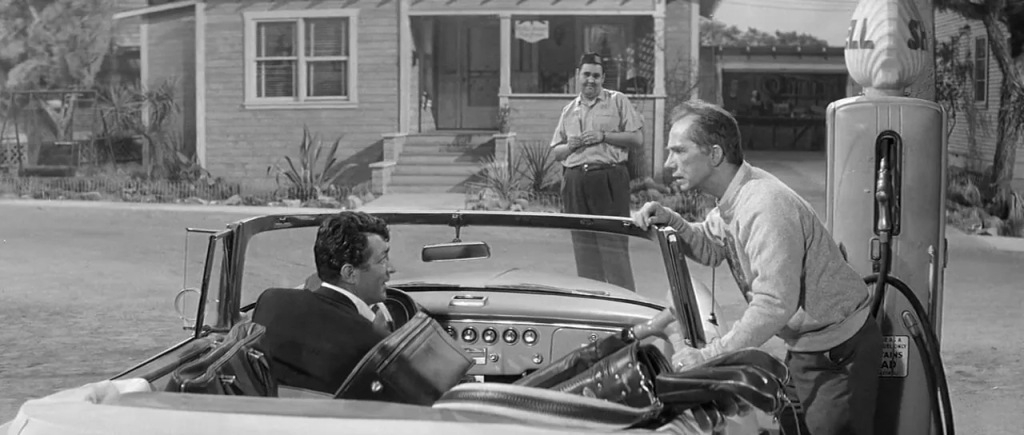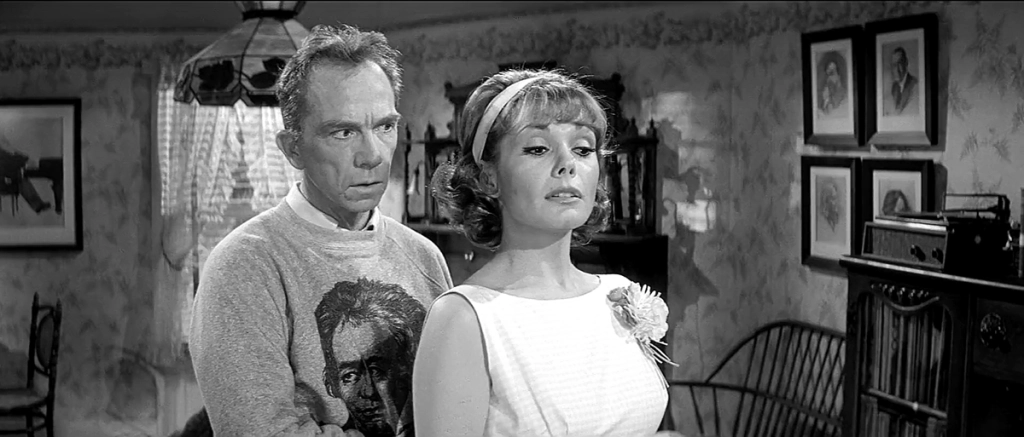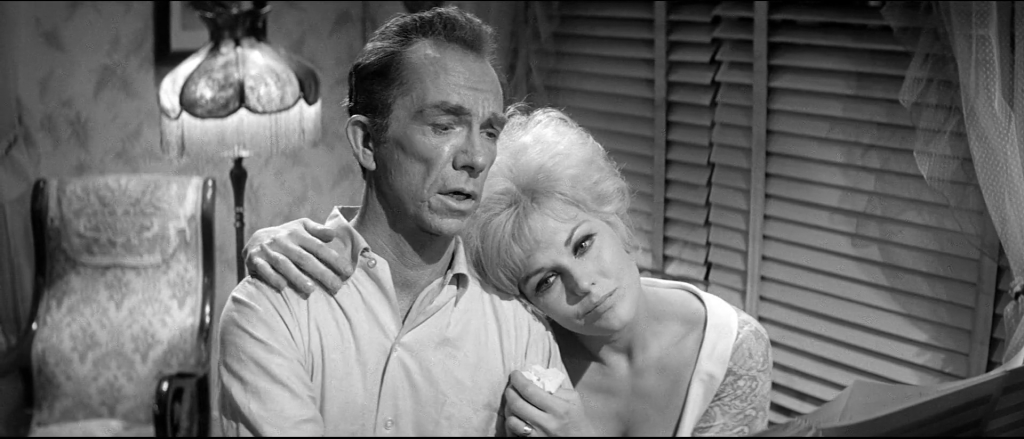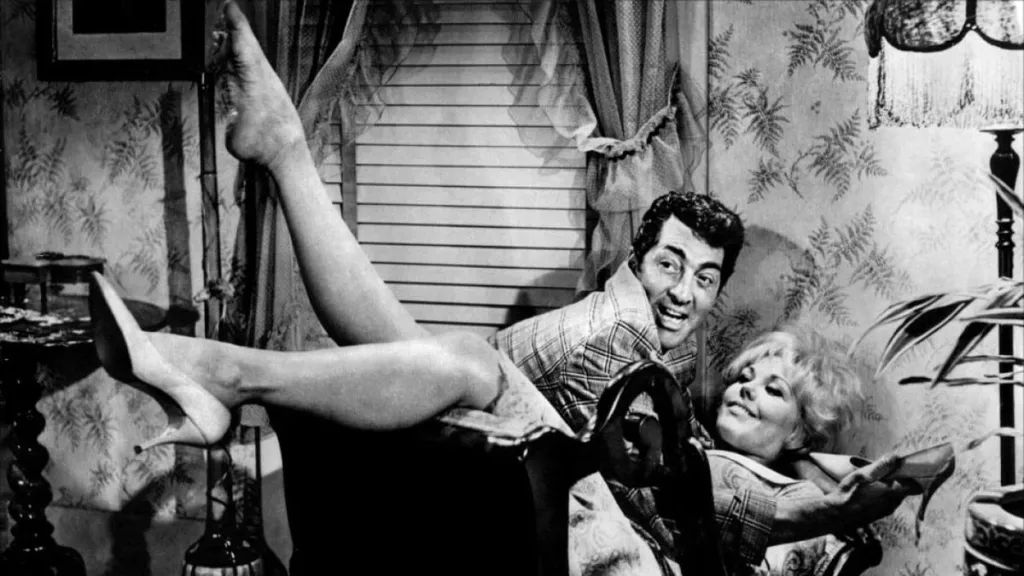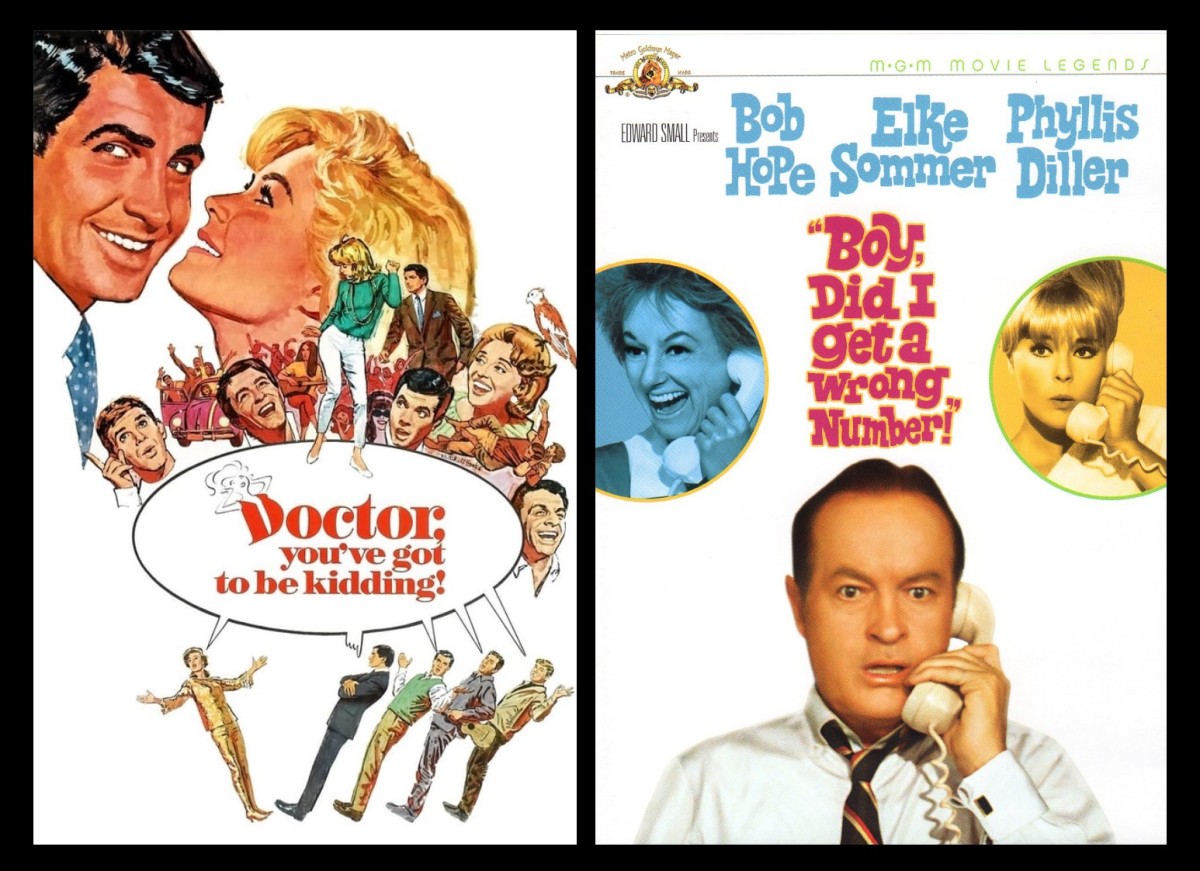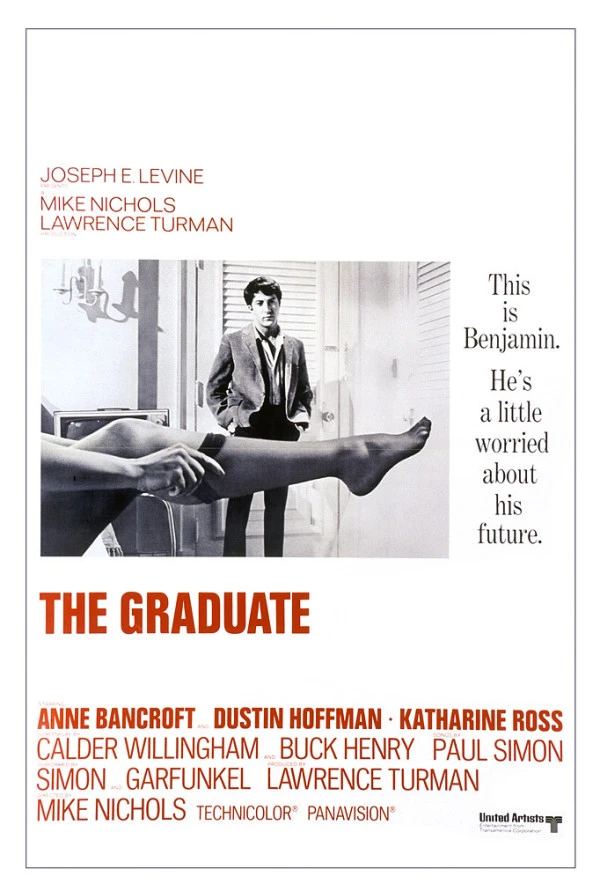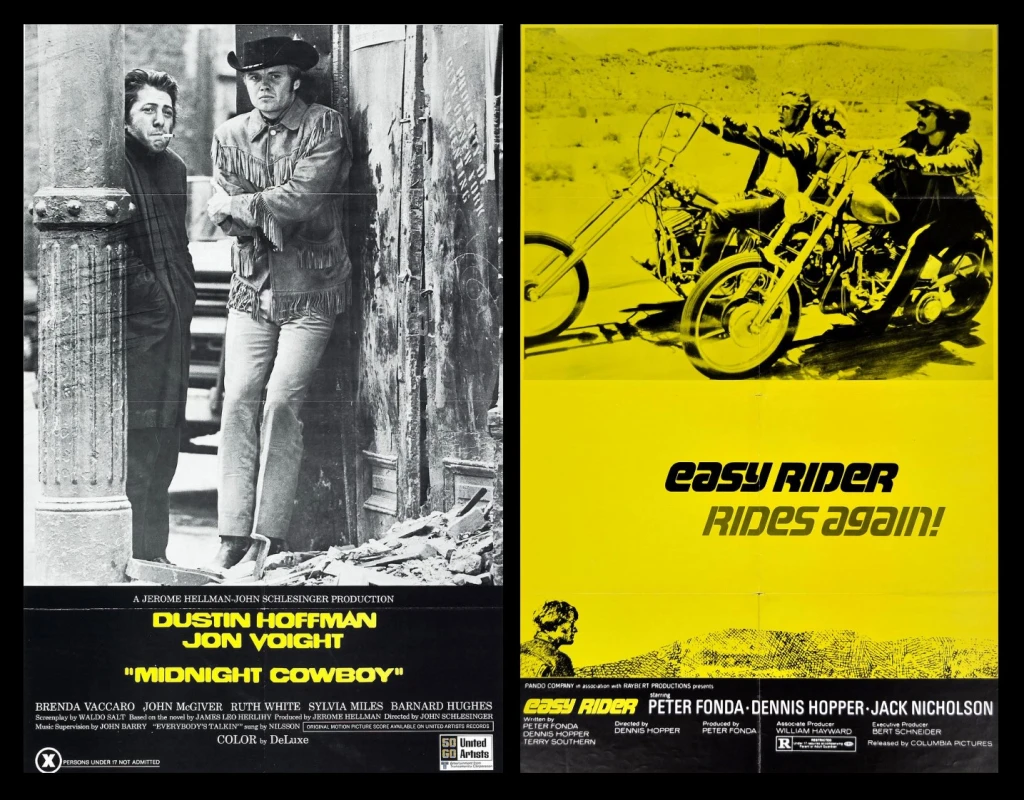by James Wallace Harris
Yesterday, when our friend Leigh Ann came over to play our weekly game of Rummikub with Susan and me, and they started telling each other what they’d done this week, I felt rather mute. I feel I don’t talk as much as I used to, and that getting old has left me with less to say. But aging might not be the cause because some of my friends talk even more than they did when they were younger.
I thought I had a very exciting week but I couldn’t put it into words. I guess that’s why I blog, to find ways to put things into words. All I was able to say was I was going through a phase of Beatlemania. But that didn’t come close to meaning what I wanted to say. For someone observing me, I would look like I wasn’t doing much the last few weeks, sitting around doing nothing but thinking, watching TV, reading, or listening to music. But inside my head, things are hopping, at least to me, but here’s what I was thinking.
Why do we love the things we love? Why do we devote time to the activities we do and not other activities? Why do we remember some things and forget other things? For the past few weeks, I’ve been exclusively listening to albums by The Beatles every day and finding great enjoyment in their music. I was a fan of The Beatles back in the 1960s but never a fanatic. I can go decades without playing their albums, but three weeks ago I signed up for Apple Music and started streaming Beatles albums again, playing, two or three a day.
After I got hooked on Beatles music again I also started listening to a 44-hour biography of The Beatles, Tune In by Mark Lewisohn. That led me to ask: What are the best books on The Beatles? I found The Beatles and The Historians by Torkelson Weber. Finally, I also got hooked on watching documentaries about The Beatles too — YouTube is full of them. Beatlemania thrives online.
Why am I undergoing a Beatlemania phase in 2023? How can songs from five and six decades ago give me so much pleasure now? I’ve been thinking about that while I listening, and a number of reasons have come to mind.
#1 – Forgetting Our Hateful Times
Buddhists and Hindus teach that we should be here now. Now for me is retirement in an older middle-class suburb. I don’t have much to do other than maintain my declining health, coexist with my wife and two cats, and take care of an aging house and yard that needs more and more upkeep. I suppose I could find a kind of Eastern beatific bliss in just doing that, but my Western mind wants more. If I take in news about the larger world via television and the Internet, my reality is troubled by endless worries about things I have no control over but I can’t help but wish I could change. The most disturbing of these worries is how hate is taking over the world.
When I listen to The Beatles I escape all thoughts of that hate for a couple of hours. That’s quite pleasurable. This is also true when I watch The Marvelous Mrs. Maisel, All Creatures Great and Small, Downton Abbey, and other shows that let me forget the hate in the world. Reading old science fiction also works. These artistic works bring various kinds of beauty into my world.
One friend said that listening to music just triggers endorphins — that I’m just a dopamine junky. That might be where the rubber meets the road but it doesn’t explain where I’m going and why. This reminds me of “Fixing a Hole” by The Beatles, especially the lines:
I’m painting the room in a colorful way
And when my mind is wandering
There I will go
When I contemplate this I realize I’ve used these kinds of escapes my whole life to avoid aspects of reality I didn’t like. Knowing that made me realize that I can map events in my past along a timeline created by pop culture that is well documented by date and time.
#2 – I Love Reconstructing Memories
Looking back over a lifetime of avoiding reality is quite revealing. Wise people from history tell us the unexamined life isn’t worth living. Recreating what happened in my past through reconstructing memories is a form of examination.
The second reason why I’m remembering The Beatles is that I can use their career as an external timescale for measuring events in my own past. They are like tree rings or carbon dating. For example, I know what I was doing on the evenings of the 9th, 16th, and 23rd of February 1964, because that’s when The Beatles first appeared on the Ed Sullivan Show. And those memories release other memories of that month to float up from my unconsciousness to my conscious mind. Because The Beatles were so often in the news I can use memories of those news events to recall what I was doing in my life between 1964 and 1970.
In this case, playing The Beatles albums over and over these past weeks reminded me of 1964. I now see something different that I didn’t realize then. I moved to South Carolina just days after the assassination of JFK. I was starting my third 7th-grade school in the Fall of 1963, moving into my 3rd house, I hadn’t yet made any friends, and my alcoholic parents had begun fighting. We were all mourning the president, and the beginning of 1964 was a very weird time nationally with the funeral and as LBJ took over.
Beatlemania hit in February of 1964 and it seemed like magic. My mood, and maybe even the mood of the country changed. At least it did for many of us kids. Even though South Carolina was the worst time for my parents I started having a good time, and living there became one of my favorite memories. If I think hard and dredge up other memories, I can dredge up other bad memories, but my sister Becky and I made friends, and we had a lot of fun that year. We played outside a lot. I hadn’t gotten addicted to science fiction yet, and I don’t remember watching much TV that year. What I remember is The Beatles and all the other music that came out in 1964. During the 1960s, AM radio, science fiction, and television produced most of my endorphins.
Looking back I remember the Sixties very fondly, but if I go to Wikipedia and read the history of the decade it was horrible. There were just as many hateful people back then as there are now. I realized that The Beatles were constantly in my awareness, releasing new singles and albums, and doing things that got them on TV and in the news. Listening to their music these weeks I realized that I hadn’t paid much attention to the lyrics back then, but I found their music upbeat and uplifting and knew that’s what they did for us back in the Sixties too.
#3 – Growing Up in the 1960s
While listening to all of The Beatles albums from Please Please Me to Abbey Road this week, I observed the Fab Four maturing as creative artists and I recalled parallels in my own growing maturity. The kid who rocked out to “I Want To Hold Your Hand” was also watching My Favorite Martian. I wasn’t very mature, and neither were The Beatles’ songs. Most of their early tunes were about teen love, but then most of the songs on AM Top 40 in 1964 were also about teen love. I turned 13 in late 1964, so that was a preoccupation of my own mind.
The Beatles were never protest singers like early Dylan and a lot of American rock and roll bands. Although, John Lennon did go heavily in that direction after leaving The Beatles. Their song “Revolution” was a kind of protest song put down. This week I was surprised by how quickly their songs changed to topics other than love, and when they were about love, they left teenage life behind and were about work and relationships of people in their twenties.
Young people often enjoy works of fiction where the protagonists are slightly older than themselves. The Beatles and Bob Dylan were about a decade older than I was. They were not Baby Boomers. They were digesting experiences ahead of me and their music was a kind of guide to aging for my teenage self.
As I play the music from 1962 to 1969 now, I can recall how I grew and the music grew. The Beatles were only #1 with me in 1964 and part of 1965, because in July 1965 Bob Dylan’s “Like a Rolling Stone” hit the charts, and he took over the #1 spot. Eventually, The Byrds pushed The Beatles down to #3, and then Simon and Garfunkel pushed them to #4, and then Jefferson Airplane and a zillion other bands vied to be my favorites. Each artist had their own philosophical insight into the decade.
The third reason why I’m remembering The Beatles is to recall the growth of my maturity as a person. It’s understandable that my 12-year-old self would respond to “I Want To Hold Your Hand” in early 1964 but my 13-year-old self would much prefer “I’m A Loser” in 1965 or my 16-year-old self would resonate with “While My Guitar Gently Weeps” in 1968. But this is harder to understand and requires remembering the other music I loved during those years. The Beatles evolved as creative artists from year to year, and so did all other creators of popular music, as did all of their fans.
What’s interesting now is when I watch TV shows I loved back in 1964-65, like Gilligan’s Island or The Beverly Hillbillies, I internally cringe to think I was once so simple-minded to enjoy them. But I don’t cringe at hearing the early simple songs of The Beatles. I should cringe when I hear “I Want To Hold Your Hand,” but I don’t. Why?
#4 – What If Things Had Been Different?
The fourth reason why I’m remembering The Beatles is that I’m trying to reconstruct possible alternative personal histories of the 1960s. Our formative years are always shaped by the times in which we grow up. Nearly everyone is programmed for life by external influences when they are young. How would I have been different if I had imprinted on Bob Dylan in 1964 rather than The Beatles? Or Miles Davis? Or Beethoven? Pop culture does a number on us, in essence, it’s a kind of brainwashing. Think about how the political right is up in arms over the Woke culture of today and how they don’t want it to shape their children. If you remember the generation gap, you’ll remember how there was some generational resistance against the pop culture of the 1960s too.
The fourth reason why I’m remembering The Beatles is harder to explain, but I’ll give you a thought experiment. What if I could reincarnate in my 12-year-old body but with my present mind, how would I relive 1964-1969? Sure, I still love listening to The Beatles today, but isn’t that conditioning and nostalgia? If I was back in 1964 with my 71-year-old mind, I’m not sure a song titled “I Want To Hold Your Hand” would be that appealing. Even if I was in a 12-year-old body, I wouldn’t want to live through being a teenager again. Then why am I doing it now? Reviewing the past now gives me a chance to think about what else might have been interesting about the Sixties. This makes me wonder why I wasn’t more mature back then.
And the truth is I was interested in all kinds of other things but I’ve mostly forgotten them. Remembering The Beatles is a way to try and remember those other things. We can call this the fifth reason. Of course, there were other songs and musicians, but there was so much more. We remember the past through the highlights that have stayed with us or our collective history. But what were the mundane things I was doing just before or just after playing The Beatles?
I can vividly remember a time I was listening to “Hey Jude.” I had just gotten off work at the Kwik Chek in Coconut Grove, Florida, where I was a stocker. I was sixteen and had worked my way up from bagboy to stocker. I had just spent six hours after school shelving the canned foods on the vegetable aisle. I was driving home from work in an old 1958 Mercury at ten o’clock at night. I had the windows down. I was hot and dirty, drinking a 16-ounce bottle of ice-cold Coke and it tasted great. “Hey Jude” came on, and it sounded better than any time I had heard it before or probably since. It was my favorite song on the radio at that time. I was driving along Old Cutler Road, which wasn’t lit with lampposts, and the dark was eerie and surreal driving under old mangrove trees near Matheson Hammock while listening to “Hey Jude” turned all the way up.
#5 – History
I guess the fifth reason why I’m remembering The Beatles is their history is so fascinating that I just want to know more about them. There are certain subjects that fascinate me that make me want to become an amateur historian or biographer. I never stick to these subjects long, but I always come back to them. These topics are like million-piece jigsaw puzzles I work on from time to time.
I love reading books and watching documentaries about my favorite subjects. I love going deeper and deeper into a topic. It’s both psychologically and philosophically rewarding. The depth of detail and research in Tune In is remarkable. But also reading The Beatles and the Historians is teaching me a tremendous amount about understanding memory and analysis of the past. It teaches me a bit about being a historian. If you want to know more about this book I highly recommend watching this YouTube review.
We all delude ourselves. We all have faulty memories. We should never trust our own opinions. Studying how historians evaluate the data they collect is applicable to studying how we perceive the world. And reading an in-depth biography like Tune In helps me mentally construct my own biography in more greater detail.
#6 – It’s Not Nostalgia
I’ve always looked backward. And sometimes I do have a longing to return to the past. But I also know that the past had more bad things that I’ve forgotten than good things that I remember. One thing I’ve noticed while playing these Beatles albums over and over is how little I recall them. I’ve been able to recall enough memories about how I reacted to The Beatles in the 1960s to remember that I didn’t play their albums that much, and I mostly heard their tunes on the radio. I bought the albums, and some of the singles, but I didn’t play them over and over again like I did Bob Dylan or The Byrds.
And I have gone through smaller bouts of Beatlemania over the decades. The first time was when their albums came out on CDs and I bought them again. Then bought them a third time when those CDs were remastered. During those periods I also read about The Beatles and watched documentaries that summed up their career. Each time playing their music from the past meant more to what I was doing in the now. I wasn’t just reliving the past. Their music has a weird kind of lasting power.
#7 – Self Revelation
I don’t believe in an afterlife. Until I’m proven wrong I assume this life is all we get. And it troubles me that we forget so much about our one life. We forget due to inattention. Nor do we pay attention to what makes us who we are. Quite often we chase illusions rather than face up to reality. We exist by reacting impulsively to a never-ending parade of random events. I’ve become obsessed with figuring out who I am by remembering what I did in the past and why. I use the lessons of memory to trigger revelations about myself with the final goal of knowing who I am today.
Strangely enough, I’m finding such revelations in The Beatles. Why am I playing them now after ignoring them for years, or even decades? Lately, I can play Beatles albums for one to two hours and find a kind of bliss.
While I’m strung out on the endorphins The Beatles music pumps into me, my mind is racing with thoughts. Memories and connections burble up out of my unconscious mind. I might look like I’m doing nothing, but it feels like I’m more active than when I’m running around doing something very physical.
JWH

